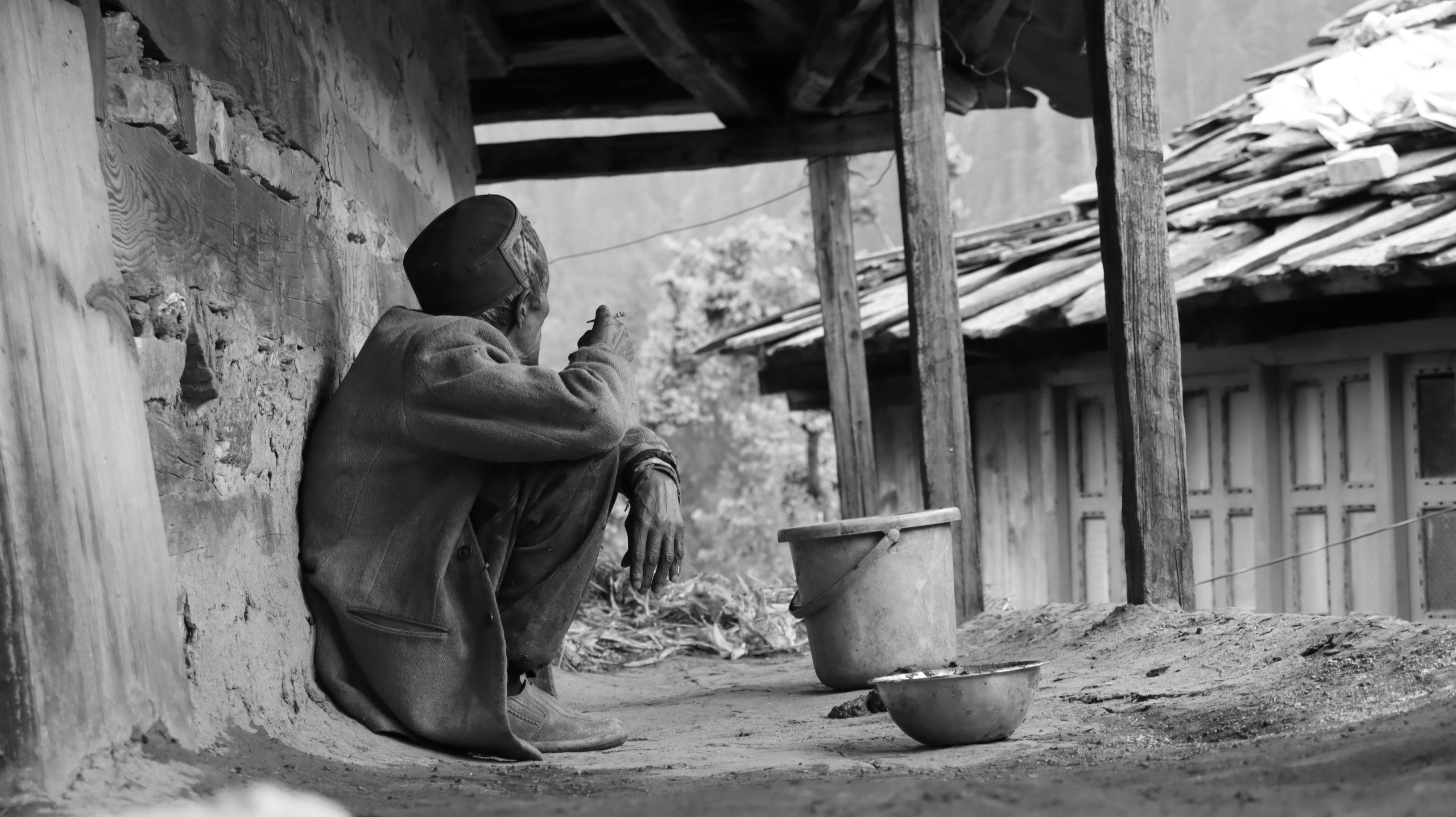Innovative Concept: Introducing a “Random Blind Meetup Café” in India — Your Thoughts?
As the landscape of social interaction evolves, entrepreneurs are constantly exploring novel ways to foster meaningful offline connections. One such innovative idea is the concept of a “Random Blind Meetup Café,” designed to bring strangers together in a curated, engaging environment. Here, we delve into the details of this concept, its potential impact, and the cultural considerations for its successful implementation in India.
Concept Overview
The premise of the Blind Meetup Café is simple yet distinctive: customers reserve a table via a website or phone call, and upon arrival, they are seated with a person they’ve never met before. Unlike traditional dating or networking venues, this initiative emphasizes spontaneous yet purposeful interactions.
Personalization and Matching
Prior to booking, participants complete a brief questionnaire outlining their interests, reasons for attending, and preferences—whether seeking a romantic connection, professional networking, casual conversation, or mentorship opportunities. Using this information, the system pairs participants with compatible or complementary individuals, aiming to stimulate engaging and meaningful exchanges.
Interaction Dynamics
Each table accommodates only two individuals, fostering intimate conversations. The pairing can be male-male, female-female, or male-female, based on participant comfort. To enhance the experience and reduce awkwardness, each table would include icebreaker cards and fun social challenges, turning the meeting into an interactive and memorable event rather than a mere chance encounter.
Safety and Environment
Prioritizing safety is paramount. The café would feature a transparent, open-layout seating arrangement and staff presence to monitor interactions, ensuring a secure environment. This openness encourages transparency and comfort, boosting participants’ confidence in engaging with strangers.
Cultural Considerations and Location Strategy
While the concept has universal appeal, cultural nuances in smaller Indian cities could pose challenges. In metropolitan hubs like Bangalore, Mumbai, Delhi, or Pune—where residents are generally more open to new social experiences—such an initiative could thrive. These cities also boast tech-savvy populations accustomed to innovative social formats.
Opportunities and Challenges
The “Random Blind Meetup Café” aims to address the growing need for genuine offline connections amid digital saturation. It offers a platform for breaking social barriers, building confidence, discovering new friendships, or even forming professional relationships.
However, the idea does carry risks—such as mismatches leading to disappointment or cultural resistance. To mitigate these issues, incorporating engaging activities like table games and icebreaker challenges can help ensure a positive atmosphere and smooth










One Comment
This is a fascinating and timely concept, especially given the increasing digital fatigue and the need for authentic offline interactions. In the Indian context, cultural nuances around privacy, safety, and social stratification could influence the acceptance and success of such a café. Incorporating community-building elements, like themed meetups or curated events that resonate with local traditions, might enhance comfort levels. Additionally, leveraging technology for seamless matching while maintaining transparency can build trust among participants. It’s crucial to pilot this idea in diverse urban settings to understand regional differences and adapt accordingly. Overall, if thoughtfully executed, a Random Blind Meetup Café could indeed foster meaningful connections and ignite a new social movement in India!